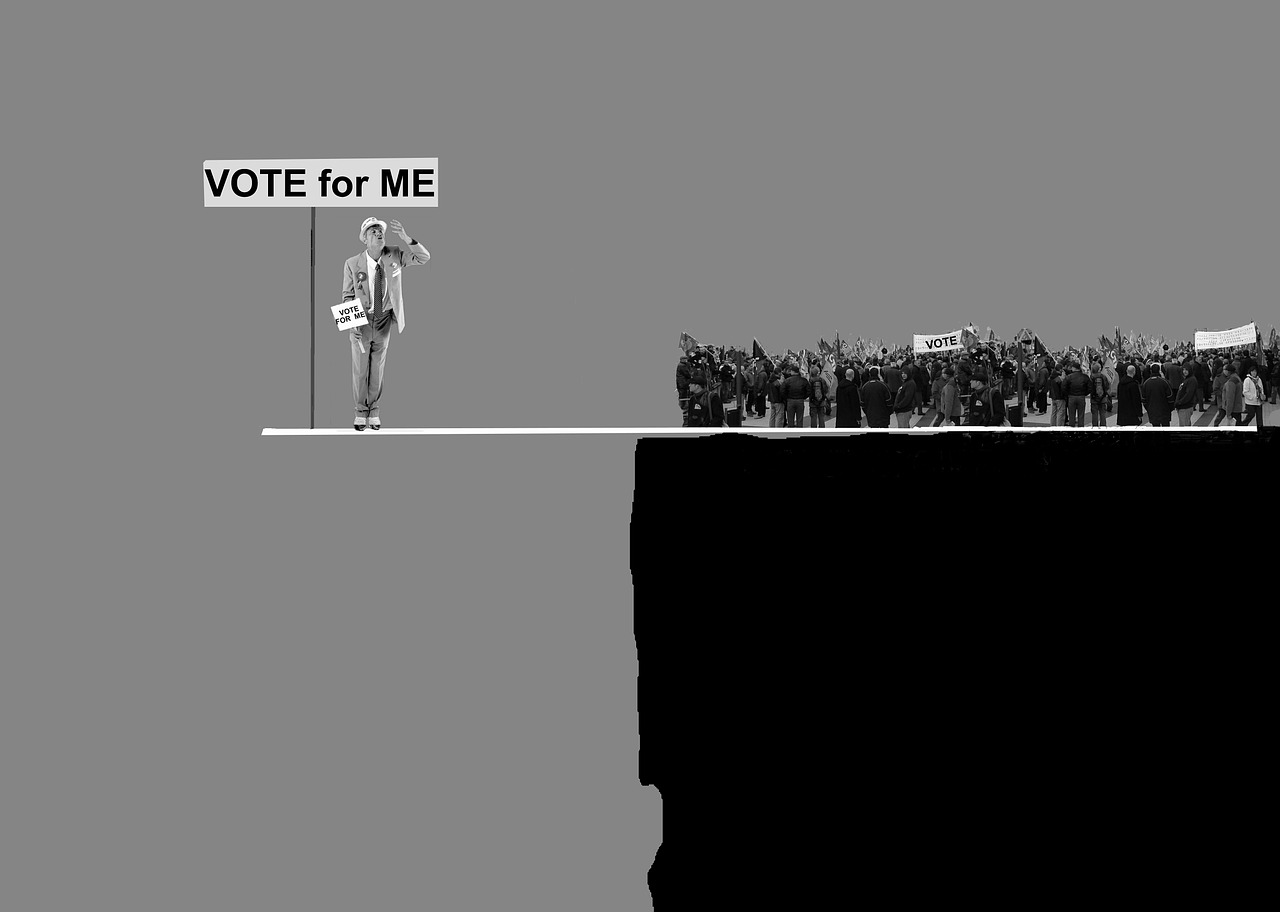
Audiencenet Guest Blog – Politics Is Dead! Are Technology & New Media To Blame?
April 28, 2015
Audiencenet Guest Blog – Politics Is Dead! Are Technology & New Media To Blame?
Mainstream political parties across Europe and North America are failing to inspire and connect with today’s young people, the so-called ‘millennial’ generation. Young people have plenty of things to be angry about such as high unemployment, low wages, unaffordable housing and increasing university tuition fees – so why aren’t they taking more of an active role in politics?
On behalf of the Foundation for European Progressive Studies and Global Progress, AudienceNet is currently talking to more than 10,000 millennials, across western democracies, as a means of determining their perspectives around issues of political engagement. The key findings from the quantitative phase of the research have highlighted the scale of the disconnect between politics and millennials. With just one month to go before the 2015 UK general election, only 17% of British 15-34 year olds are “very interested” in politics. 70% of Canadian millennials think that politicians largely ignore the views of younger people; with a meagre 3% of Polish millennials aspire to becoming a politician.
One of the most interesting themes coming out of the qualitative phase of the research has been the impact of connected devices and new media. The seemingly unlimited range of online distractions (games, apps, music, videos etc.) means that politics as an entity, is struggling to compete for young people’s attention. 20-30 years ago, it was common for families to sit together to watch the news on TV and talk about the big political issues of the day. Today’s young people are keeping themselves entertained on their own connected devices, spending more and more time on ‘never-ending’ media platforms like Spotify, YouTube, Facebook, Netflix and X-Box Live. The ‘on-demand’ and ‘self-curated’ nature of new media means that young people have a choice: do they catch-up with the latest in Games of Thrones, play the new Earth Day climate change level on ‘hyper-addictive’ Angry Birds, swipe for a date on Tinder, find out what the 21 Pictures That Will Restore Your Faith In Humanity are, listen to the latest alt-J or Royal Blood… etc. ad nauseam/ad infinitum… or they could check out what’s been happening today in parliament (yawn). Needless to say, only a small minority are consciously opting for the later.
When young people do catch a bit of news about politics, they typically aren’t impressed with what they see. Here are some of their thoughts about the current UK election campaign coverage from some of those who are particularly disengaged with politics.
“I’m a little bored of it, as it’s just like watching children in a playground bickering between themselves rather than getting the public’s attention and putting forward their policies. They are more interested in putting each other down.”
“I find the whole spectacle frustrating and hollow. Upper class stooges competing in the world’s most expensive popularity contest by telling the public, to whom they are supposed to answer, exactly what they think we want to be told.”
“I’m bored and would like it to be over now.”
As they generally aren’t keeping themselves well informed about politics, many young people are holding their hands up to their ignorance or lack of interest. Conscious not to show their support for a party, politician or campaign that they don’t know much about, millenials are instead choosing to not take part in politics at all. As one of the German research participants observed, “the internet is gaining in popularity on mobile phones and recently even wristwatches, but unfortunately instead of being used to inform young people, we are playing with senseless apps like Dubsmash.”
Many of the young people who do find some time to take an interest in political issues are rejecting traditional party politics and taking action in their own way. In the past, supporting a political party was more like supporting a football team, where people voted principally on the basis of family ties and where they lived. In this increasingly globalised and inter-connected world, many young people are replacing the traditional ways of engaging with politics – voting, protesting, joining a party and writing to their local MP – with easier and more immediately satisfying ‘single issue’ actions such as joining online campaigns or signing and sharing online petitions. Another respondent in the Millennial Dialogue research, a Polish student, neatly summed up the ‘clicktivism’ trend when they said: “if Poland were to explode into revolution, we would soon have lots of ‘likes’ on Facebook but no real revolutionaries in the streets.”
So what’s the answer? How can politics connect with this generation? My next blog post – Long Live Politics! Technology & New Media To The Rescue? – sets out how technology and new media, the very things that have contributed to a decline in youth political engagement, could potentially be used to kick-start a new era of open and accessible ‘everyday’ democracy. A democracy that young people can relate to.
Full details on the project and more comments are contained at: http://millennialdialogue.com
(Credit goes to Ben Fowler, Audiencenet Director for this great blog!)

